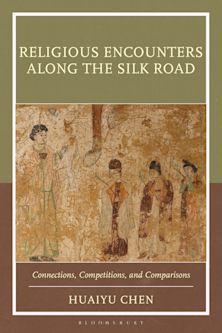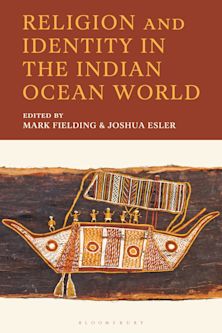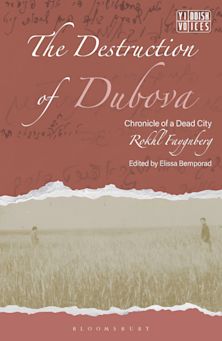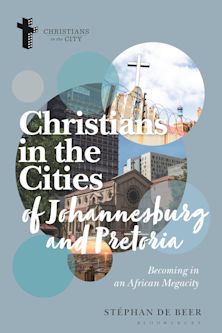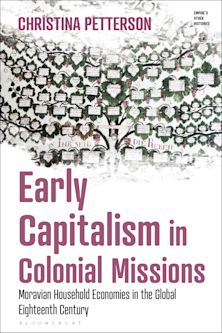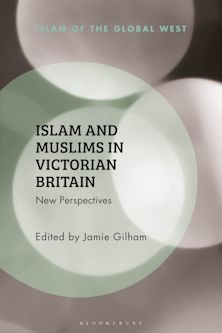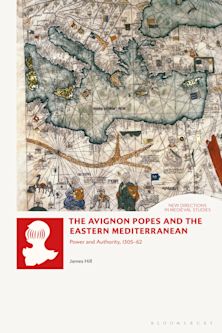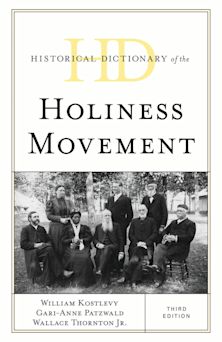- Home
- ACADEMIC
- Religious Studies
- History of Religion
- The Holy Land in American Religious Thought, 1620-1948
The Holy Land in American Religious Thought, 1620-1948
This product is usually dispatched within 3 days
- Delivery and returns info
-
Free CA delivery on orders $40 or over
You must sign in to add this item to your wishlist. Please sign in or create an account
Description
This book is the first to investigate the effect of the biblical Holy Land on American religious institutions, from early Puritanism in 1620 to Judaism in 1948. It explores the attachment between religious America and the Land of Israel from a pluralistic perspective, tracing the history of religion in America as it relates to the spiritual and geographical identity of the Holy Land.
Contents: Preface; Introduction: The Holy Land in American Religious Thought. PART I: THE HOLY LAND COMES TO AMERICA; Puritans and Congregationalists: The Americanization of Zion; Sephardic Jewry: Present and Future Zion; American Indians: Ten Lost Tribes and Christian Eschatology. PART II: NINETEENTH CENTURY INDIVIDUAL TIES TO THE HOLY LAND; Protestant Pilgrims: Disjunction between Expectation and Reality; Protestant Missionaries: Jewish Conversion and Christ's Return; Consuls: Jews and Holy Land History. PART III: RELIGIOUS GROUPS OF THE NINETEENTH CENTURY; Christianity among Blacks: The Spiritual Holy Land; Protestant Liberalists: Jewish Return and Christian Kingdom; Mormons: Dialectical Holy Lands; Judaism: American Impact and Internal Divisions. PART IV: THE TWENTIETH CENTURY; Protestant Liberalism: Universal Ideas; Catholicism: Holy Land of Christ's Crucifixion; Judaism: Centrality of the Land; Conclusion.
Product details
| Published | Nov 29 1993 |
|---|---|
| Format | Paperback |
| Edition | 1st |
| Extent | 384 |
| ISBN | 9780819192387 |
| Imprint | University Press of America |
| Dimensions | 225 x 177 mm |
| Publisher | Bloomsbury Publishing |
About the contributors
Reviews
-
This is an immensely learned and erudite book. Greenberg has mastered an enormous literature, organized it and presented it in an innovative way, and demonstrated unsuspected parallels that cut across religious lines. An invaluable contribution.
Jonathan Sarna, Brandeis University
-
This is an immensely learned and erudite book. Greenberg has mastered an enormous literature, organized it and presented it in an innovative way, and demonstrated unsuspected parallels that cut across religious lines. An invaluable contribution.
Jonathan Sarna, Brandeis University















